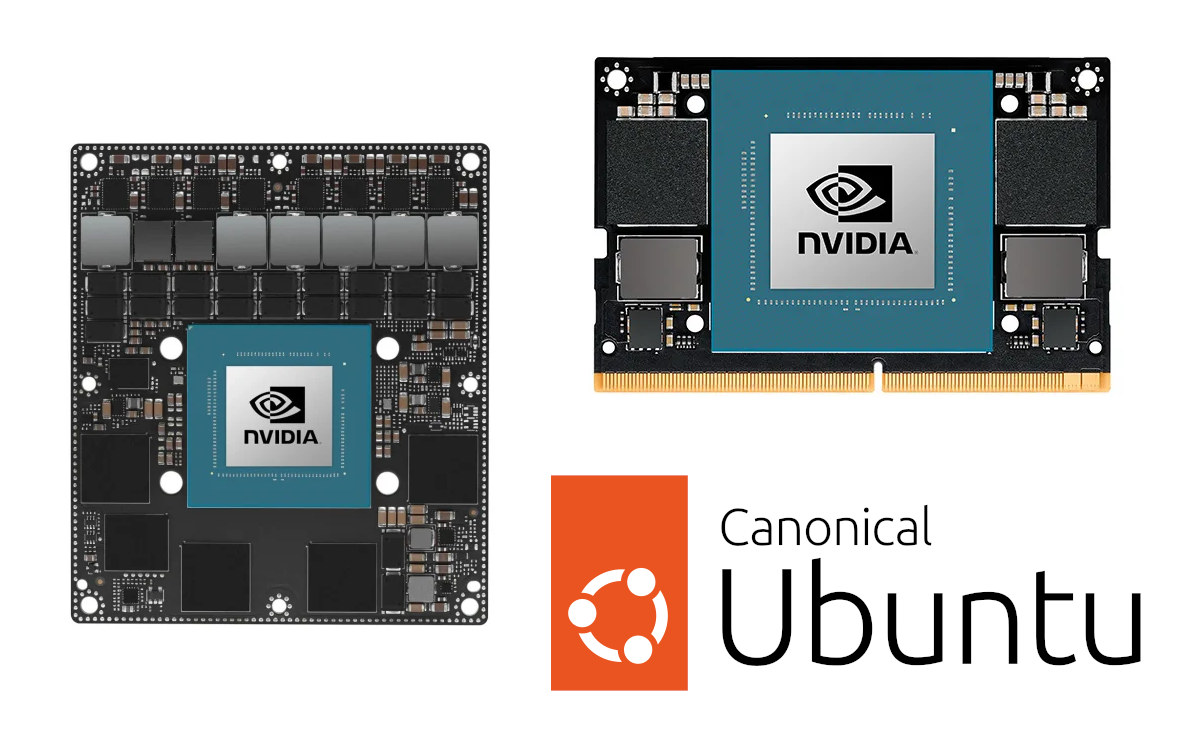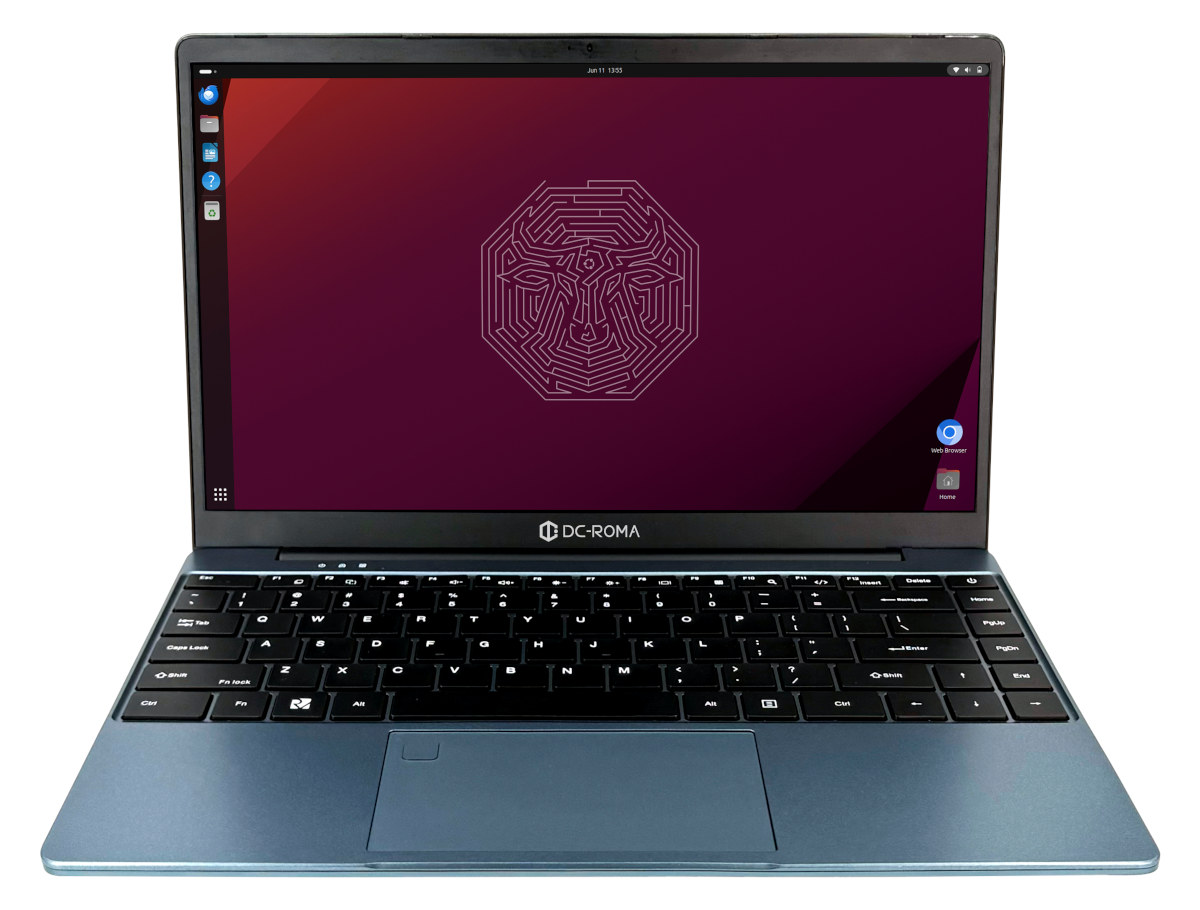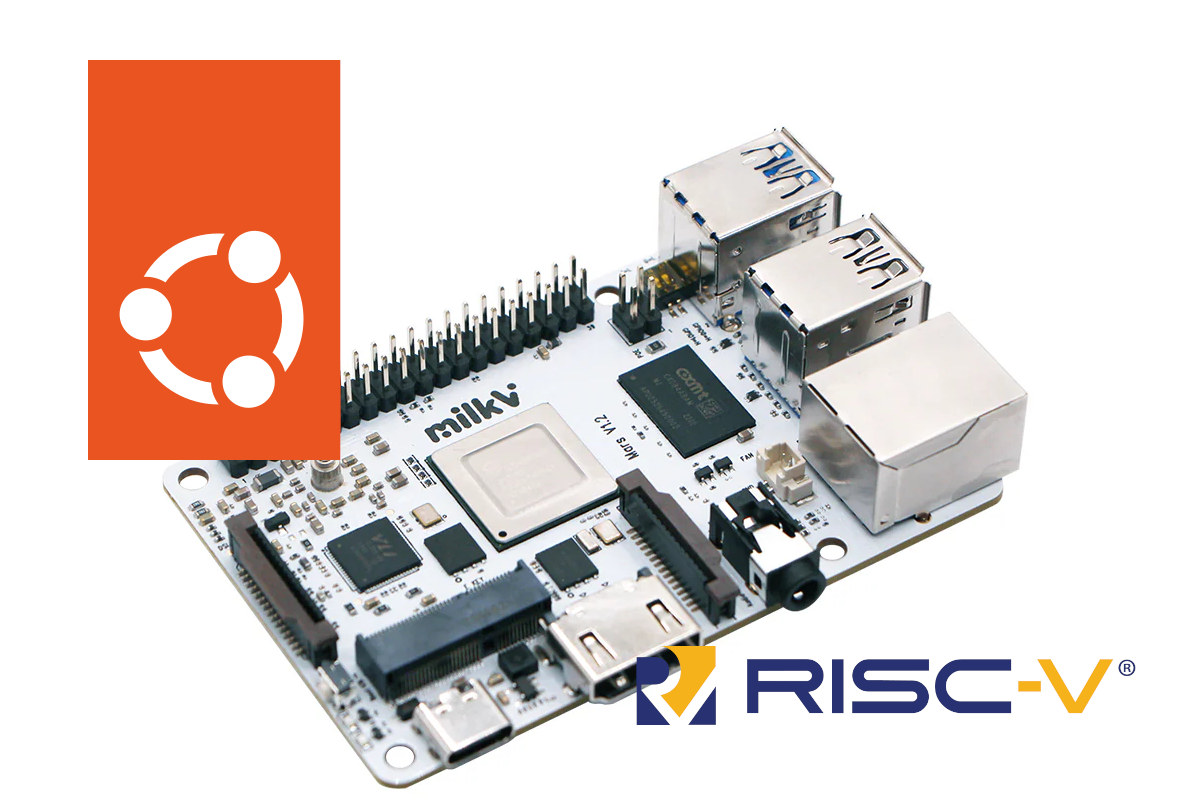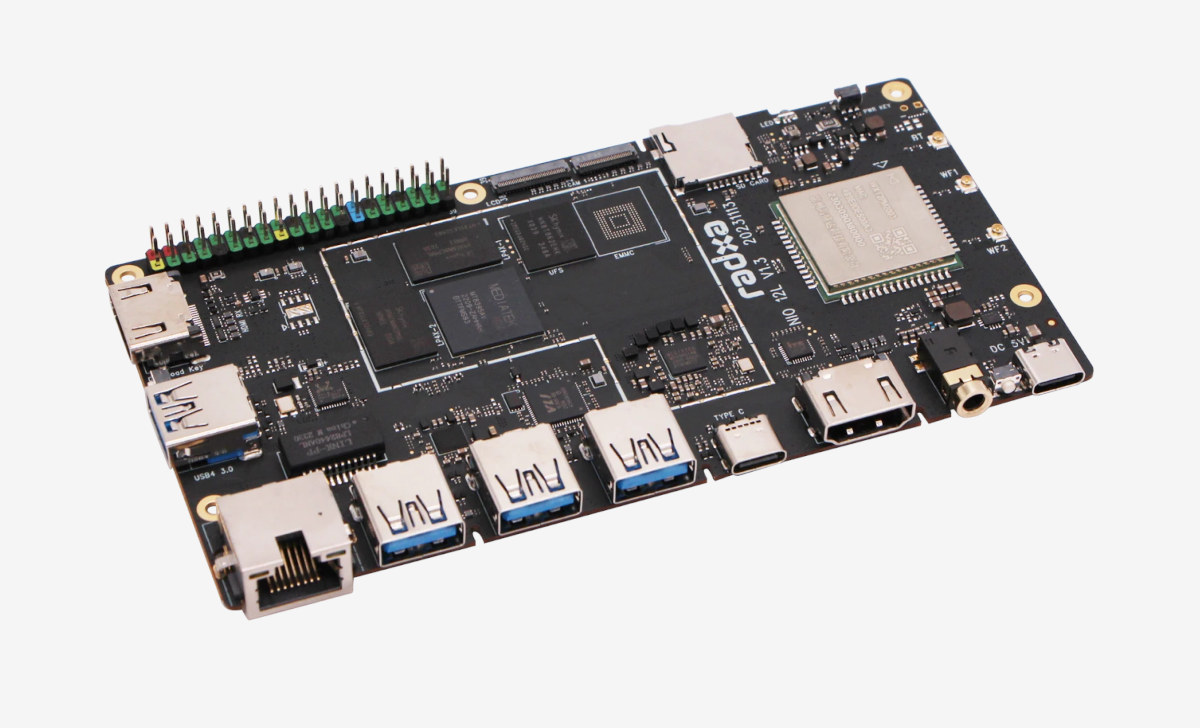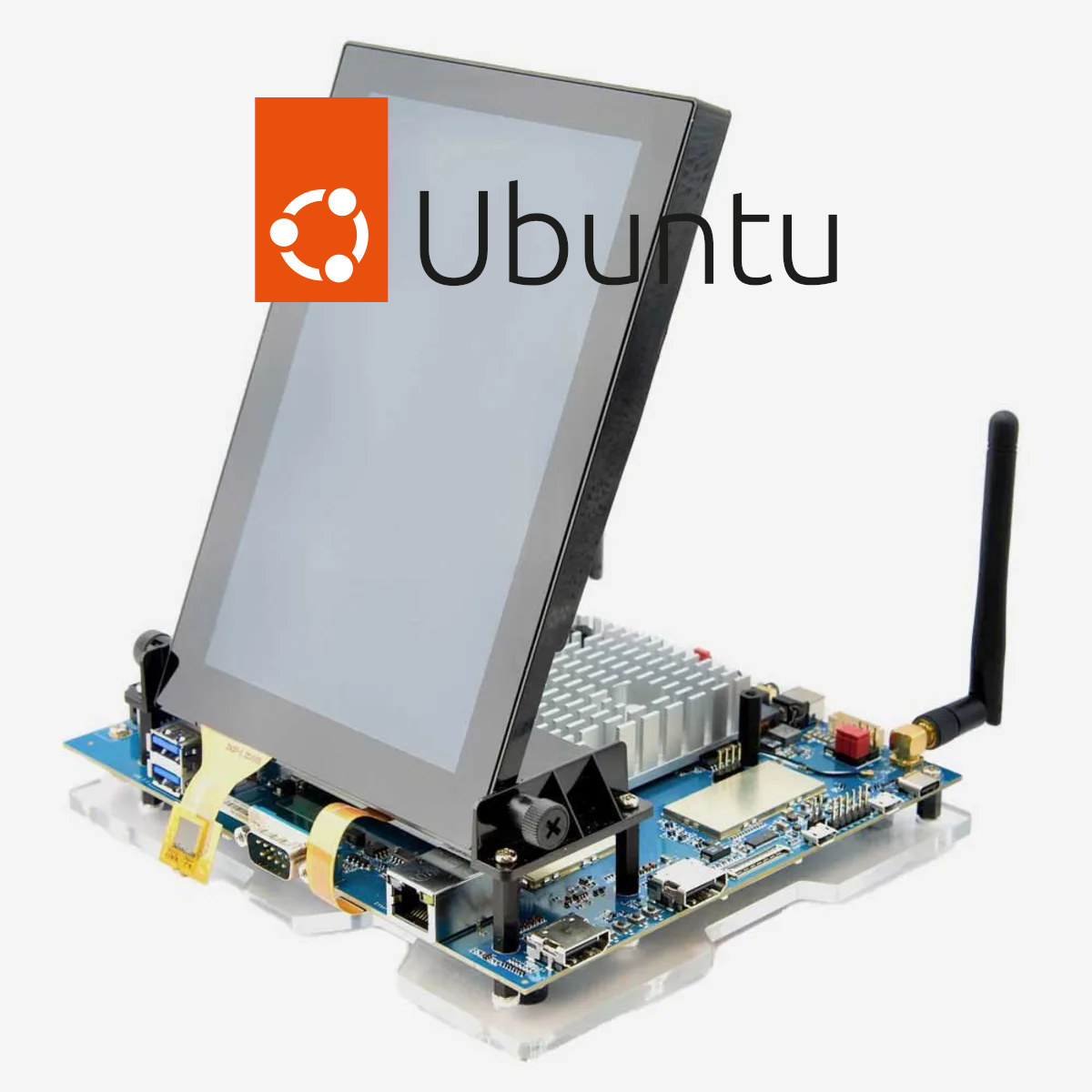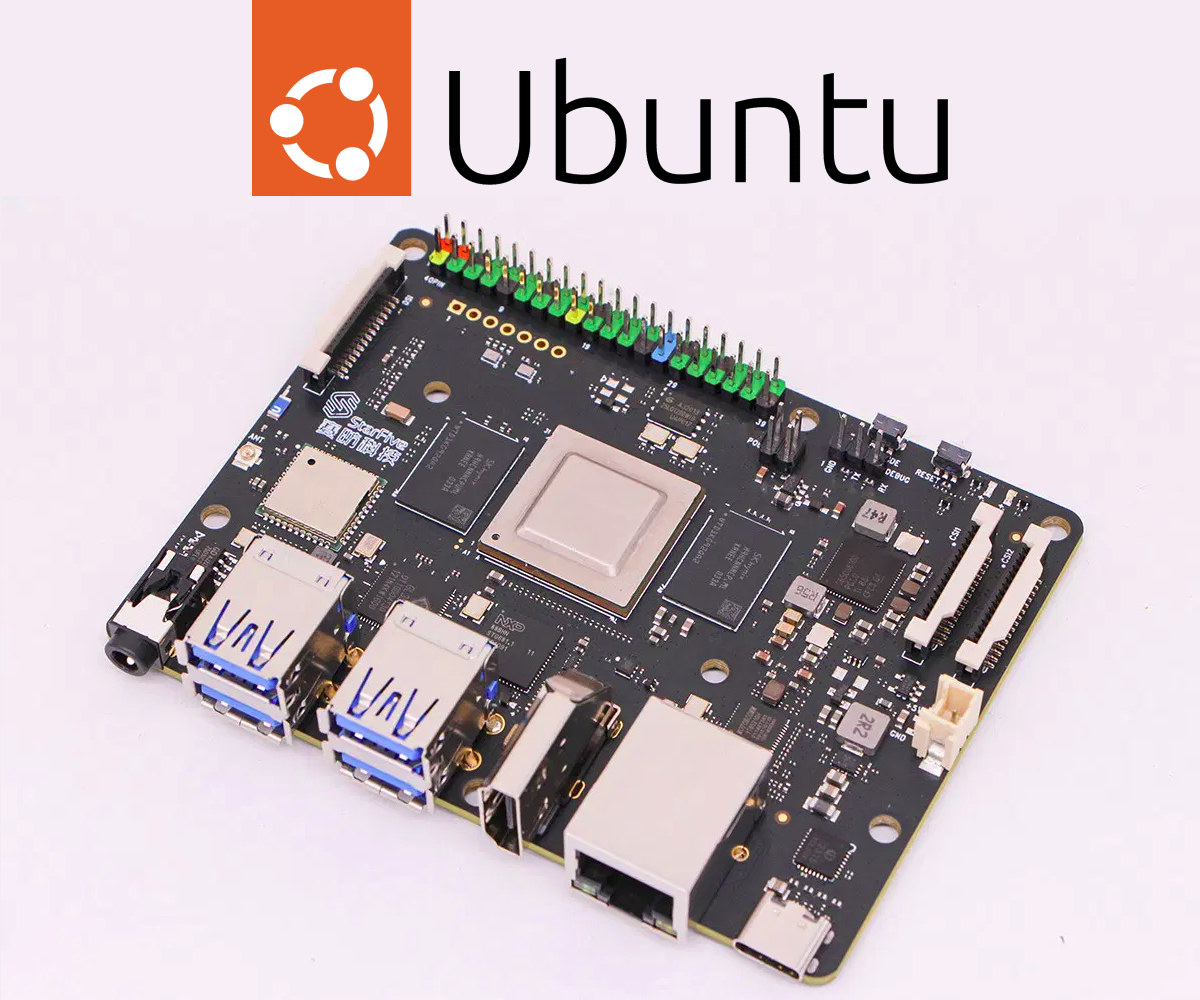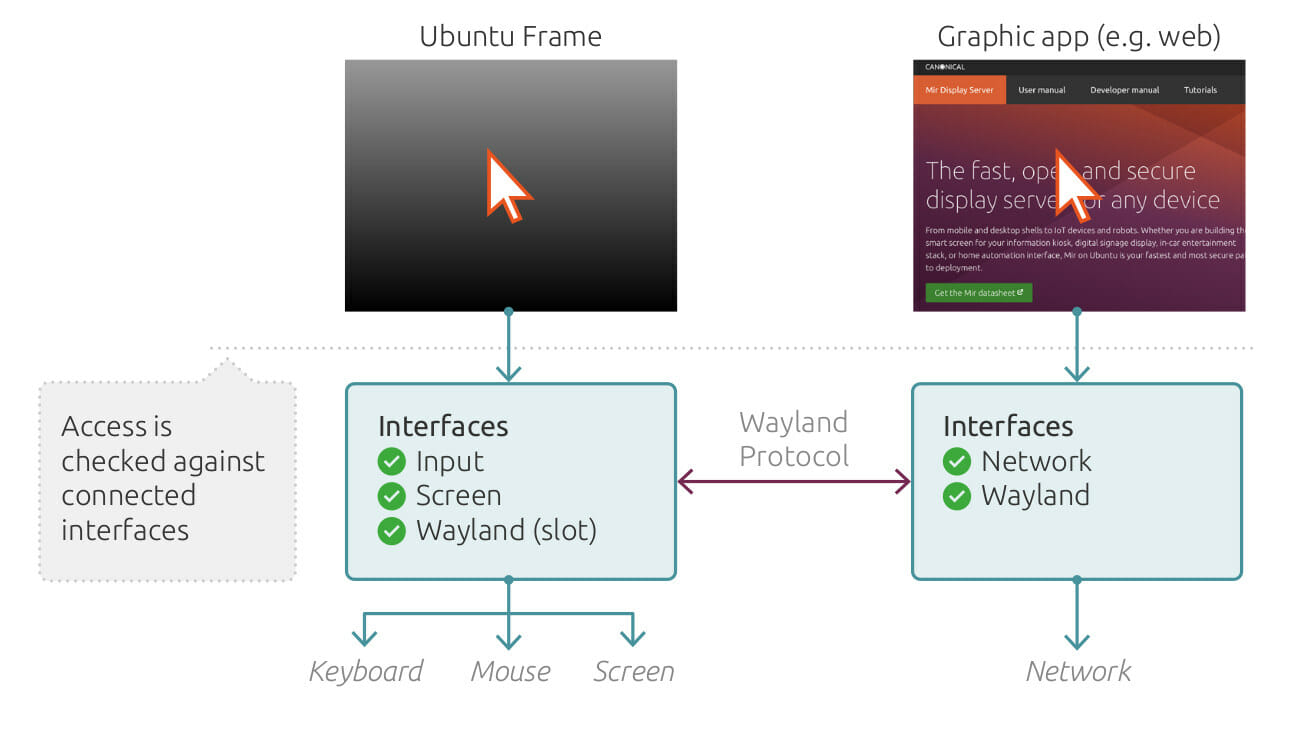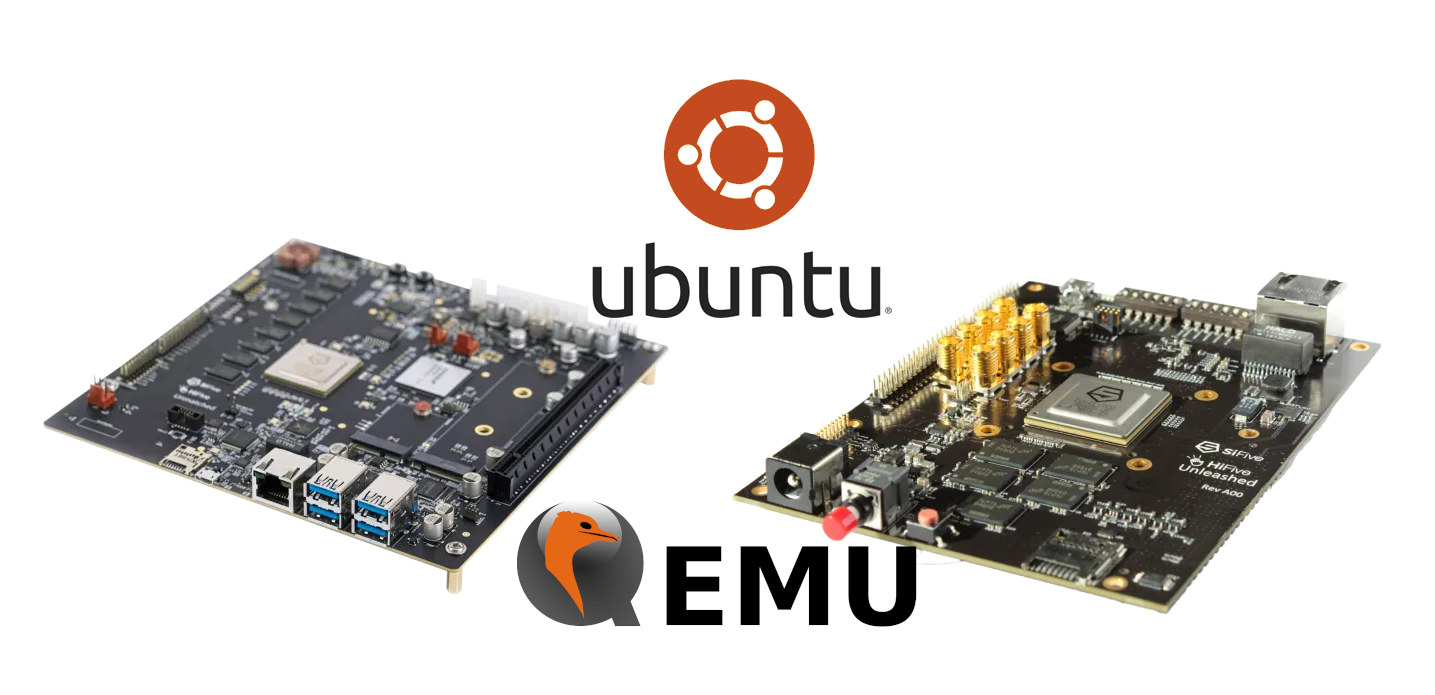The NVIDIA JetPack SDK has been based on Ubuntu ever since it was created (although the Jetpack 6 SDK changed that somewhat), so I was surprised to read that Canonical now officially supports Ubuntu on NVIDIA Jetson, since I assumed there may have already been a partnership in place. The announcement explains that Canonical has announced the General Availability (GA) of Ubuntu for the NVIDIA Jetson Orin for edge AI and robotics “bringing enterprise-grade stability and support” to the popular system-on-modules. Canonical further explains the collaboration enables better performance with optimized Ubuntu images for the NVIDIA Jetson platform, enterprise-level security with updates and long-term support, a unified environment from edge to cloud, and improved stability and reliability with Canonical’s QA team performing over 500 OS compatibility-focused hardware tests. If we visit the NVIDIA Jetson page of the Ubuntu website, we’ll find Ubuntu Server 22.04 images for the Jetson AGX Orin, […]
DC-ROMA RISC-V Laptop II with SpacemIT K1 octa-core SoC to run Ubuntu supported by Canonical
Deep Computing has announced the DC-ROMA RISC-V Laptop II powered by a 2.0 GHz SpacemIT K1 octa-core 64-bit RISC-V processor coupled with up to 16GB DDR4 and running Ubuntu with official support from Canonical. Deep Computing unveiled the first RISC-V laptop – named ROMA – in 2022 but it never really took off because of all the web3 and cryptocurrency features plus the ultra-high price. The new DC-ROMA RISC-V Laptop II does without those and features a 14-inch IPS display, a 1TB SSD, a WiFI 6 and Bluetooth 5.2 module, a webcam, several USB ports including a USB-C with DisplayPort Alr mode, and a “development interface” with a few GPIOs. DC-ROMA RISC-V Laptop II specifications: SoC – SpacemiT K1 CPU – 8-core X60 RISC-V processor @ up to 2.0 GHz; single-core performance equivalent to about 1.3x the performance of an Arm Cortex-A55 GPU – Imagination IMG BXE-2-32 with support for […]
Canonical releases Ubuntu 24.04 Server image for Milk-V Mars RISC-V SBC
Canonical has been releasing Ubuntu RISC-V images for SBCs and QEMU at least since 2021. The latest addition is an Ubuntu 24.04 Server image for the Mars credit-card-size SBC powered by StarFive JH7110 quad-core RISC-V SoC and designed by Shenzhen Milk-V Technology. That means we now have Ubuntu Server images for the QEMU emulator, AllWinner Nezha SBC, Microchip Polarfire SoC FPGA Icicle Kit, SiFive Unmatched mini-ITX motherboard, Sipeed LicheeRV Dock, StarFive VisionFive 2 SBC, and the Mars SBC. You’ll note there aren’t any Ubuntu Desktop images for now, because the GPU (if any) in RISC-V SoCs is not yet fully supported. Mars SBC specifications: SoC – StarFive JH7110 CPU – Quad-core RISC-V processor (RV64GC) at up to 1.5GHz GPU – Imagination BXE-4-32 GPU with support for OpenCL 1.2, OpenGL ES 3.2, Vulkan 1.2 VPU H.264 & H.265 4Kp60 decoding H.265 1080p30 encoding JPEG encoder / decoder System Memory – 1GB, […]
Radxa NIO 12L – A low-profile MediaTek Genio 1200 SBC with Ubuntu certification for at least 5 years of updates
Radxa NIO 12L is a low-profile single board computer (SBC) based on the MediaTek Genio 1200 octa-core Cortex-A78/A55 SoC with a 4 TOPS NPU that got Ubuntu certification with at least 5 years of software update, and up to 10 years for extra payment. The board comes with up to 16GB RAM, 512GB UFS storage, HDMI, USB-C (DisplayPort), and MIPI DSI video interfaces, a 4K-capable HDMI input port, two MIPI CSI camera interfaces, gigabit Ethernet and WiFi 6 connectivity, five USB ports, and a 40-pin GPIO header for expansion. Radxa NIO 12L specifications: SoC – Mediatek Genio 1200 (MT8395) CPU Quad-core Arm Cortex-A78 @ up to 2.2 to 2.4GHz Quad-core Arm Cortex-A55 @ up to 2.0GHz GPU Arm Mali-G57 MC5 GPU with support for OpenGL ES1.1, ES2.0, and ES3.2, OpenCL 1.1, 1.2 and 2.2, Vulkan 1.1 and 1.2 2D image acceleration module APU – Dual‑core AI Processor Unit (APU) Cadence […]
MediaTek Genio 1200 Arm Cortex-A78/A55 EVK gets official Ubuntu 22.04 support
Canonical and MediaTek announced optimized Ubuntu images for the Genio 1200 EVK during Embedded Word 2023 last March, but at the time, I could not find any images for download, and there was just an invitation to come check out Ubuntu Core running on the MediaTek Genio platform at the event. But things have progressed well, and Canonical has now announced the availability of Ubuntu 22.04 Desktop and Server for not only the high-end Genio 1200 EVK, but also the mid-range Genio 700 EVK, and the entry-level Genio 350 EVK. That should be good news, as when I tested the i-Pi SMARC 1200 devkit earlier this year (June 2023), the Genio 1200 Arm Cortex-A78/A55 processor (aka MediaTek MT8195) showed really good performance in benchmarks, but at the time, the only option was to use a Yocto image, which is great, but there were still some unresolved software issues and the […]
StarFive VisionFive V1 RISC-V SBC gets Ubuntu 22.04.1 Server image from Canonical
Canonical has been working on RISC-V support for Ubuntu for a while and released Ubuntu 20.04/21.04 64-bit RISC-V images for QEMU and HiFive boards last year. Now the company has released an Ubuntu 22.04.1 Server image for the StarFive VisionFive V1 RISC-V single board computer. While that’s a good development, The VisionFive V1, and other RISC-V platforms, are nowhere close to being Ubuntu-certified hardware, and Canonical posted a note reading “It is an early RISC-V developer access through Ubuntu 22.04.1.” The VisionFive V1 SBC is a pretty good platform for development with a StarFive JH7100 dual-core RISC-V processor, 8GB RAM, Gigabit Ethernet and WiFi connectivity, HDMI output, and four USB 3.0 ports, plus GPIOS headers, and MIPI CSI and DSI connectors. It offers a good middle ground between the high-end (and relatively expensive) HiFive Unmatched mini-ITX motherboard and the low-end Allwinner Nezha single board computer both of which can also […]
Ubuntu Frame is a secure display server for embedded systems
Canonical has announced and released the Ubuntu Frame display server for embedded systems such as interactive kiosks, digital signage solutions, or any other embedded devices with a graphical output. The solution aims to allow developers to build and deploy graphical applications more easily and quickly, as Ubuntu Frame requires less code since, as Canonical explains, there’s no need to integrate and maintain partial solutions such as DRM, KMS, input protocols, or security policies. Ubuntu Frame fullscreen shell is based on Wayland, requires snaps support, and offers compatibility with existing graphical toolkits such as Flutter, Qt5/6, GTK3/4, Electron, and SDL2, as well as support for web-based graphical applications written with HTML5 and/or Java. Besides the ease of development, the other main reason to use Canonical new display server is security: Ubuntu Frame adopts Wayland for a modern and secure approach to graphics. Thanks to Ubuntu Frame’s own secure socket, applications can […]
Ubuntu 20.04/21.04 64-bit RISC-V released for QEMU, HiFive boards
Let’s a lot of excitement around RISC-V open architecture, but a lot of work still needs to be done to bring the ecosystem to level with Arm or x86 architecture from the silicon to the software. Progress is made step-by-step and one of these steps is Canonical released Ubuntu 64-bit RISC-V (RISCV64) images for some of SiFive HiFive boards, as well as QEMU open-source emulator. Specifically, Canonical released an Ubuntu 20.04.2 LTS image for HiFive Unleashed & QEMU, and an Ubuntu 21.04 image for HiFive Unleashed, HiFive Unmatched, and QEMU. Note those are only server images, and there’s no desktop image yet like for Ubuntu 21.04 on Raspberry Pi 2/3/4. It’s been possible to run RISC-V Linux in QEMU for at least three years, but when I tried it was a minimal system based on Busybox, so let’s try again with Ubuntu 21.04 following the instructions provided on Discourse. I […]


